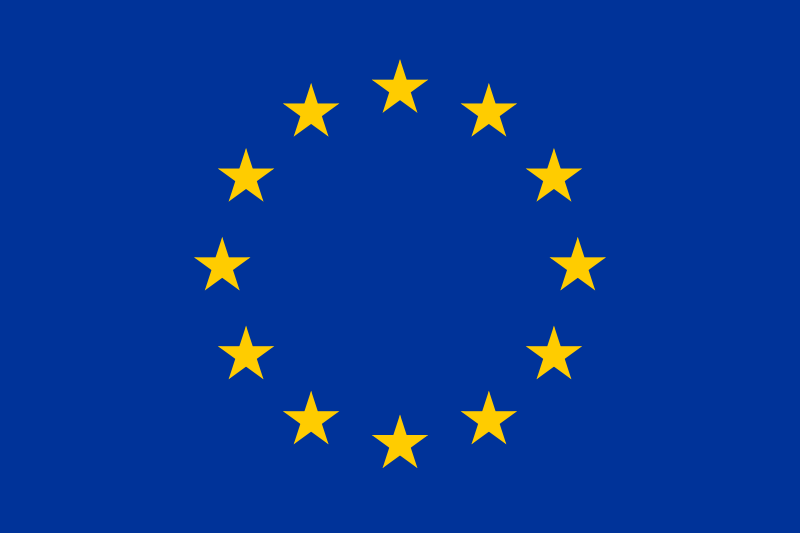Latvia is a member of the European Union, therefore travelling to Latvia and crossing borders is as simple as travel to any other European Union country. Latvia is part of the Schengen Area, which is why those travelling to Latvia from the Schengen Area do not have to go through border controls. There are border controls on Latvia’s borders with Russia and Belarus.
Visa-free travel
Citizens of the United States, Canada, Australia, Israel, Japan, Korea, Hong Kong, Brazil and other countries do not need a visa to visit Latvia. Visa-free travellers may stay in Latvia for up to 90 days within a period of 180 days.
No border controls for travelling in Schengen Area
Citizens of the European Union member states, as well as Norway, Iceland, Liechtenstein, Switzerland do not require a visa to travel to Latvia.
Latvia is part of the Schengen Area. There are no border controls on the internal borders between Schengen countries, therefore citizens of the European Union and third-country nationals are free to travel within the Schengen Area. If you arrive in Latvia by car or bus from Lithuania or Estonia, or if you travel by ferry or plane from the Schengen countries, you will not have to go through border controls.
We highly recommend you to have your passport or other ID on you while travelling in the Schengen Area. If necessary, the document will be the proof of your identity. A driving licence or bankcard is not considered a valid travel or ID document.
Latvian visas
Citizens of Russia, Belarus, Georgia, Armenia, Azerbaijan, Kazakhstan, Uzbekistan, China and other countries require a visa to travel to Latvia. In Moldova, only holders of biometric passports are free to travel to Latvia visa-free, other citizens need to have a valid visa.
Tourists travel to Latvia on a Schengen visa, which is valid for staying in Latvia as well as in the other Schengen Area member states. Passport control on the border is only done once the person crosses into the Schengen Area. If the person has been issued a visa for a short-stay visit to a Schengen country, the maximum duration of the intended stay is 90 days within a 180-day period. If the person needs to stay in Latvia for longer than 90 days, he or she has to apply for a long-stay visa or a residence permit.
If you wish to visit several Schengen countries, you do not have to apply for a visa in each of the given Schengen country’s diplomatic representation. Application for a visa has to be submitted only to the representation of that country that is your main destination. If there is no main destination, you have to turn to a representation of the country whose external border will be the first to cross in order to enter the Schengen Area.
If a third-country national needs to enter a Schengen member state but there are circumstances forbidding him to have a uniform visa valid in all Schengen member states, he or she may be granted a visa with a limited territorial validity. It means that visa is not valid for entering all Schengen member states, but only those indicated on the visa.
Applying for a visa
To apply for a visa, the following has to be submitted: passport, visa application form, a photograph, travel medical insurance policy valid for the whole Schengen Area, and other documents. For further information about the documents required when applying for a visa, contact a representation of Latvia, where you are intending to receive your visa.
Application for a Schengen visa can be filled out online. A fee is charged for issuing a visa. An application for a visa must be submitted not sooner than three months before the start of the intended visit.
A Schengen visa is extended only if there are circumstances beyond the visa holder’s control, or humane reasons for which the person needs to stay longer in Latvia. The validity of a visa can also be extended if there are serious personal reasons calling for a visa extension. In extending a visa, the total duration of a stay in the Schengen Area must not exceed 90 days within a period of 180 days.
Visas are extended at the Office of Citizenship and Migration.
Lost documents
If a travel document with the visa has been lost, the person has to apply for a new travel document by turning to the closest diplomatic and consular representation of his or her country.
Customs procedures
Travellers in the European Union need to take into consideration that there are maximum amount restrictions on several goods that may be brought into a European Union member state – tobacco products, alcoholic beverages, coffee, fuel. Should the maximum limit be exceeded, the goods have to be declared and the applicable excise tax on the excess goods has to be paid.
If you are travelling to the European Union from a third country, there are different restrictions on excise and other goods.
Persons arriving in the European Union, including in Latvia, have to observe stringent rules concerning food products that they may carry. Meat and meat products, milk and dairy products may not be brought into the European Union for own consumption.
